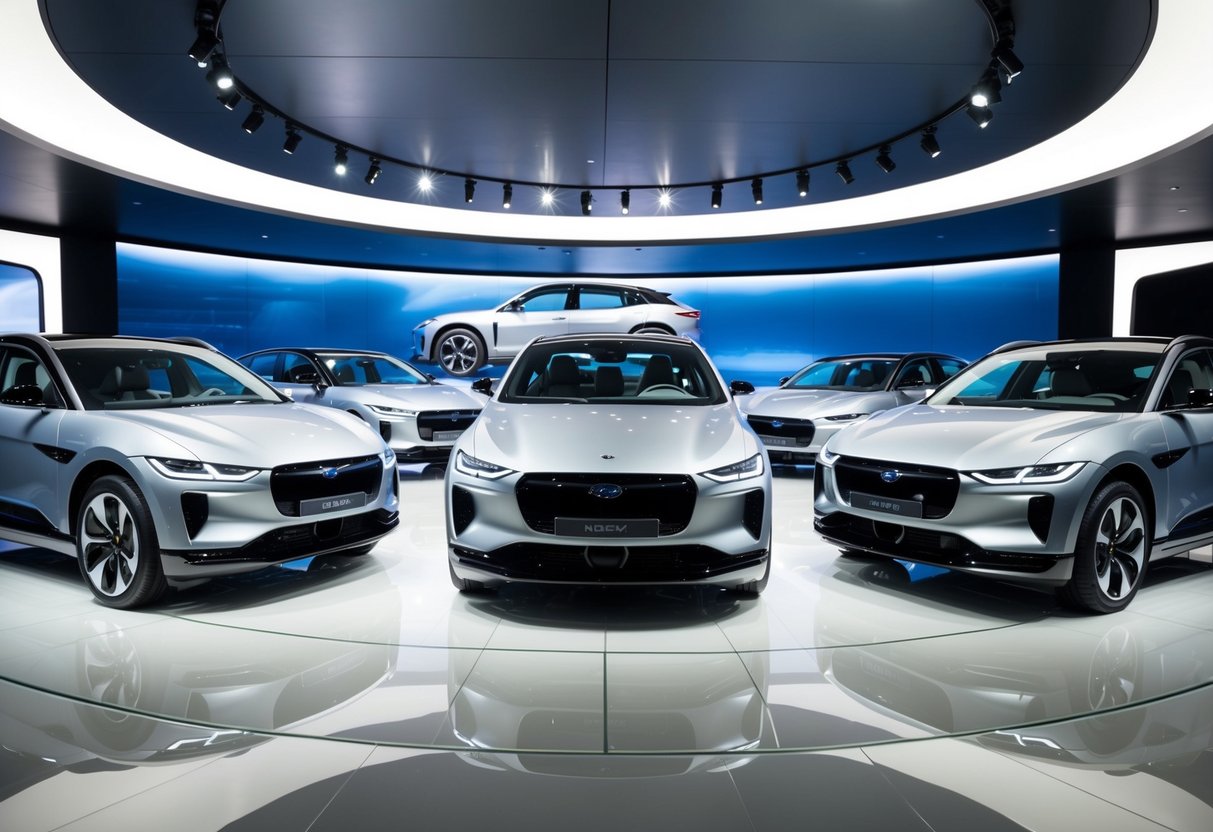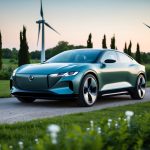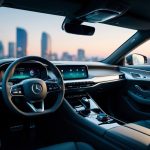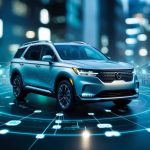
Market Trends and Consumer Preferences
The luxury EV market is experiencing significant growth in 2024, driven by advances in technology and a heightened focus on sustainability. High-performance electric vehicles are increasingly attracting consumers who prioritize both innovation and eco-friendly solutions.
One notable trend is the shift in consumer preferences towards vehicles that seamlessly integrate smart technology. Features such as autonomous driving capabilities, advanced infotainment systems, and improved battery range are becoming key factors in purchasing decisions.
Consumers are also demanding greater customization options, allowing them to tailor their vehicles to personal aesthetics and functionality. This includes a wider range of color choices, interior materials, and technology packages that cater to individual lifestyles.
There’s a clear inclination toward brands that demonstrate a commitment to sustainability through practices such as the use of recycled materials in car manufacturing. This commitment enhances brand loyalty and attracts environmentally conscious buyers looking for luxury with a lower carbon footprint.
Pricing remains an important consideration, with consumers willing to invest more in a vehicle that offers distinct performance advantages and technological innovation. The trend towards competitive pricing strategies ensures that high-performance EVs are accessible to a broader audience without compromising on quality or luxury.
The increased emphasis on user experience is evident in features designed for convenience, such as rapid charging capabilities and user-friendly interfaces. Consumers value an effortless driving experience, making it a crucial element in the decision-making process.
In summary, the combination of technology, customization, and sustainability is shaping the luxury EV landscape, reflecting evolving consumer values and preferences.
Anticipating the Road Ahead
Electric vehicles (EVs) continue to evolve, with numerous upcoming models promising remarkable advancements. Key areas of development are in autonomous driving technology and the integration of more sophisticated features to refine luxury travel.
Upcoming Models and Future Innovations
The 2025 Porsche Taycan is expected to be a highlight among future electric vehicles. It comes with improved battery technology, allowing longer range and quicker charging times. This model focuses on efficiency without sacrificing the elegance and performance that Porsche is known for.
Several other manufacturers are set to introduce their own innovative models, pushing the standards for luxury and performance. BMW, for instance, has plans to release an advanced EV lineup with cutting-edge features aimed at enhancing both driver satisfaction and passenger comfort. Other brands are also exploring new materials and design philosophies to create EVs that are both sustainable and luxurious.
Transforming Luxury Travel: Autonomous Driving
Autonomous driving technology is rapidly gaining ground and is a focal point for the next generation of luxury EVs. Companies are investing heavily in research and development to create vehicles capable of self-driving under a variety of conditions. This advancement aims to make journeys safer and more convenient by reducing driver fatigue and enhancing road safety features.
Many upcoming models will incorporate semi-autonomous capabilities, allowing vehicles to handle tasks such as parking and navigating through traffic autonomously. These features are not only about comfort and ease but are becoming essential components of modern luxury, ensuring a seamless travel experience. The integration of AI and machine learning promises to optimize these systems, making automated travel a more prevalent reality in the luxury EV market.



